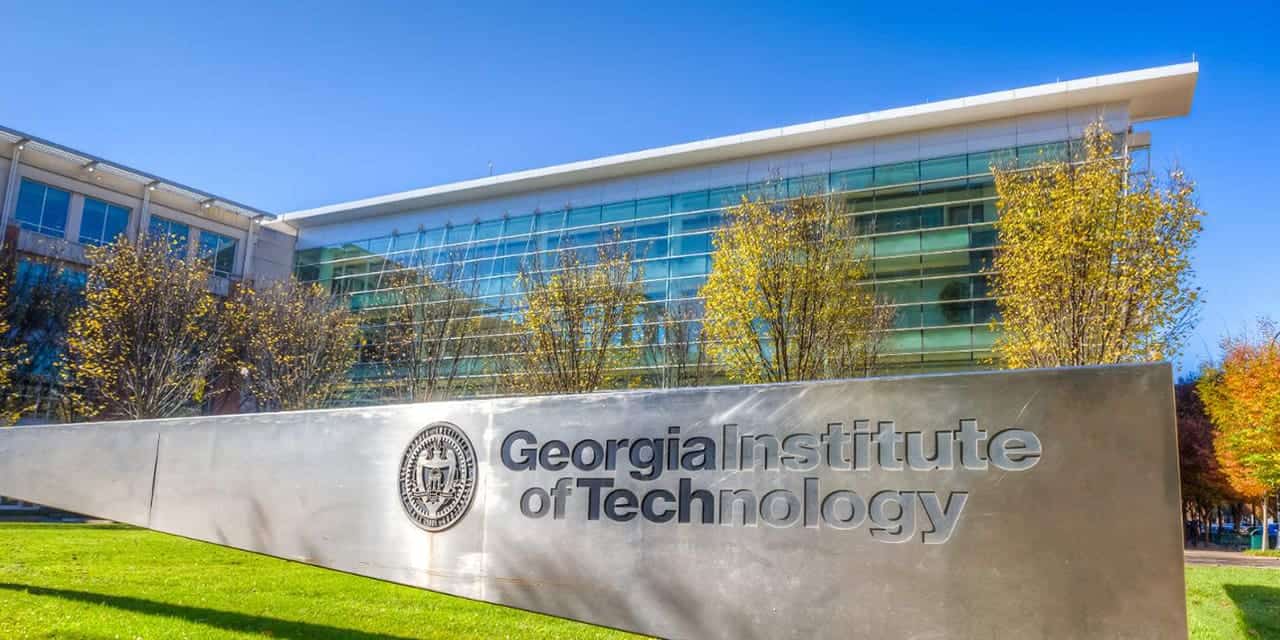Georgia Tech Sued After Discriminating Against “Inherently Religious” Alveda King

Georgia Tech University is being sued after its student government denied funding to bring Martin Luther King Jr.’s niece, Alveda King, to speak on campus because she is “inherently religious.”
All students at Georgia Tech pay mandatory student activity fees, and this funding is then made available for clubs to use. But when the Students for Life club at Georgia Tech requested funding to bring King on campus to speak about civil rights, they were denied.
Student for Life club member Brian Cochran submitted a request to the Student Government Association (SGA) to provide funding to bring King on campus. Such requests for funding are often “fast-tracked” and quickly approved. However, SGA members questioned Cochran and stated that King was “inherently religious” and that students might be offended by the event. The SGA members then denied the application.
Alliance Defending Freedom (ADF) is representing Student for Life in the lawsuit pro bono. The suit was filed in the U.S. District Court for the Northern District of Georgia on April 1, 2020.
“Public universities are supposed to be the marketplace of ideas, but that marketplace can’t function if a university grants funding only to student groups whose views the university favors,” said ADF Legal Counsel Caleb Dalton in a press release.
“Georgia Tech’s policy allowed discrimination against Ms. King because she was accused of leading an ‘inherently religious’ life. Under such a standard, MLK himself would not be welcome on campus. The Supreme Court made it clear 20 years ago that if public universities wish to force students to pay student activity fees, then those universities have a duty to ensure that the funds are distributed in a viewpoint-neutral manner.”
Public university professors and students often don’t realize that the Supreme Court has held that if students contribute to an activities fund on a mandatory basis, the funds must be distributed on a viewpoint-neutral basis. In other words, the perspectives of the prospective speakers cannot play a part in determining whether funding will be granted for the speaker to come. The Supreme Court has held that the First Amendment prohibits such viewpoint-based discrimination.
Regarding the case, Students for Life of America President Kristan Hawkins said, “Courageous student leaders across the country face real opposition from their schools because they choose to speak for the defenseless and want to peacefully educate their fellow students about it. The Constitution is clear that public universities can’t engage in the type of discrimination that has taken place at Georgia Tech.”
Alveda King is a strong pro-life champion who has spoken on a personal level about her two past abortions, the emotional and physical pain they caused her, and how God brought her healing and redemption. She currently serves on the pastoral team of Priests for Life, and has shared her testimony at the pro-life rallies Alive from New York and the March for Life.
Consider praying for Students for Life, and the lawyers and students involved in this case. They’ve decided to stand up for religious freedom and pro-life values in one of the places where these perspectives are seen as intolerant: university campuses.
The case is Students for Life at Georgia Tech v. Regents of the University System of Georgia
You can follow this author on Twitter @MettlerZachary
Photo from Alliance Defending Freedom
ABOUT THE AUTHOR
Zachary Mettler is a writer/analyst for the Daily Citizen at Focus on the Family. In his role, he writes about current political issues, U.S. history, political philosophy, and culture. Mettler earned his Bachelor’s degree from William Jessup University and is an alumnus of the Young Leaders Program at The Heritage Foundation. In addition to the Daily Citizen, his written pieces have appeared in the Daily Wire, the Washington Times, the Washington Examiner, Newsweek, Townhall, the Daily Signal, the Christian Post, Charisma News and other outlets.
Related Posts

Sidewalk Evangelist Wins Right to Share Good News
October 31, 2025



